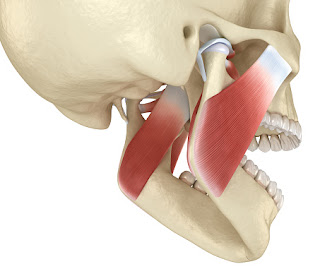Chiropractors And The Chiropractic Neck Adjustment
Some swear by chiropractors, saying the work they perform not only relieves pain, but also often addresses the source of their aches, twinges, and throbs. Chiropractors specialize in assessing, diagnosing and managing conditions of the spine. They are highly trained in finding the cause of pain in the spine. That's why people experiencing neck pain often turn to chiropractic care for help.
Before starting the chiropractic neck adjustment, your neck pain chiropractor will undertake a full assessment. This will involve taking details about your condition, current health and medical history, and performing a physical examination. Sometimes it may be necessary to refer you for other tests, such as X-rays, MRI scans or blood tests. It is important for your chiropractor to gather as much information about your neck pain as possible so that an accurate diagnosis can be made.
Your chiropractor will explain what is wrong, what can be done and what can be expected from chiropractic treatment. There are many different types of neck pain, with different causes. The key to getting the right treatment is to establish which type of neck pain you may be suffering from.
The majority of people with neck pain are suffering from what is known as 'simple' or 'mechanical' neck pain.
This means that the pain is not related to any serious underlying condition and there are no trapped or compressed nerves. We do not always know the exact tissues that are involved in simple neck pain. Muscles, joints and ligaments can all be involved. Simple neck pain can be caused by poor posture or tension in the neck or shoulders. Poor sleeping patterns or an awkward sitting position can cause strains and sprains in the soft tissue of the neck.
As we get older, wear and tear may contribute to neck pain. The shock-absorbing pads between the bones of the neck (known as intervertebral discs) can narrow with age and this can cause stiffness, pain and make it difficult to move.
Neck pain may follow trauma. Sports injuries, minor falls and bumps may give rise to neck pain. Road traffic collisions may result in injuries to the soft tissues of the neck, and are often referred to as whiplash-associated disorders.
Simple neck pain is relatively common. Less frequently, the nerves in the neck can become trapped, compressed or irritated. There can be many reasons why this happens but damaged discs or wear and tear can lead to pain spreading to the shoulder and arm. This can be accompanied by pins and needles, tingling, numbness and weakness in all or part of the arm or hand.
Chiropractors are best known for manual treatments such as spinal manipulation, where they use their hands to free stiff or restricted joints, or mobilization, which is the gradual moving of joints.
But they may also use other techniques such as certain types of acupuncture, electrotherapy, stretching exercises and rehabilitation, all of which form part of a chiropractor's package of care. Your chiropractor may also offer lifestyle advice to help prevent repeated episodes of neck pain.
If your chiropractor does not think you can be helped by chiropractic treatment, you may be referred back to your GP or to another health professional. Chiropractors do not prescribe medication, so if this is needed, you may be referred back to your GP. As chiropractors support a joined-up approach to care, they may ask if they can send a brief report to your GP.




Comments
Post a Comment